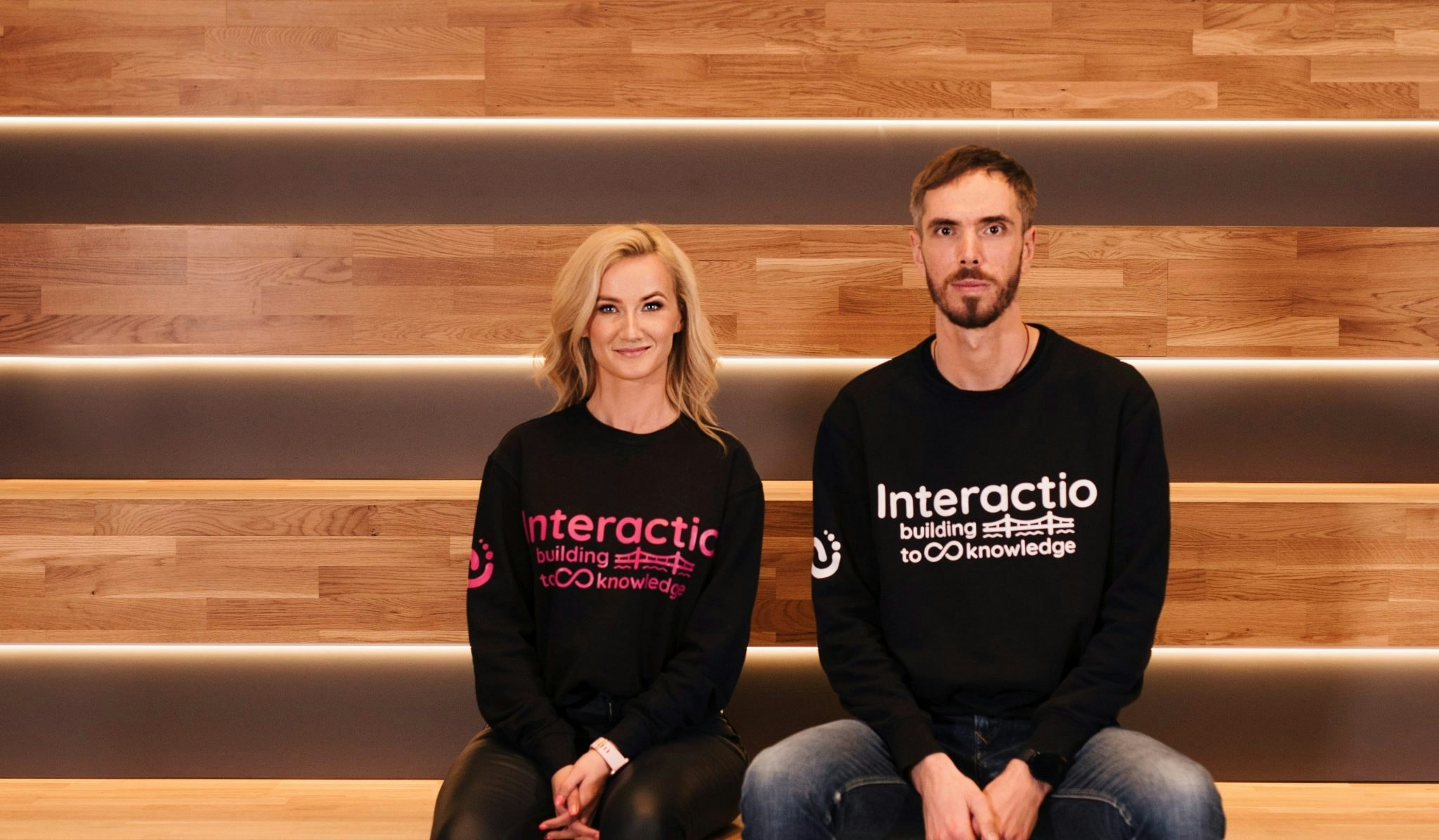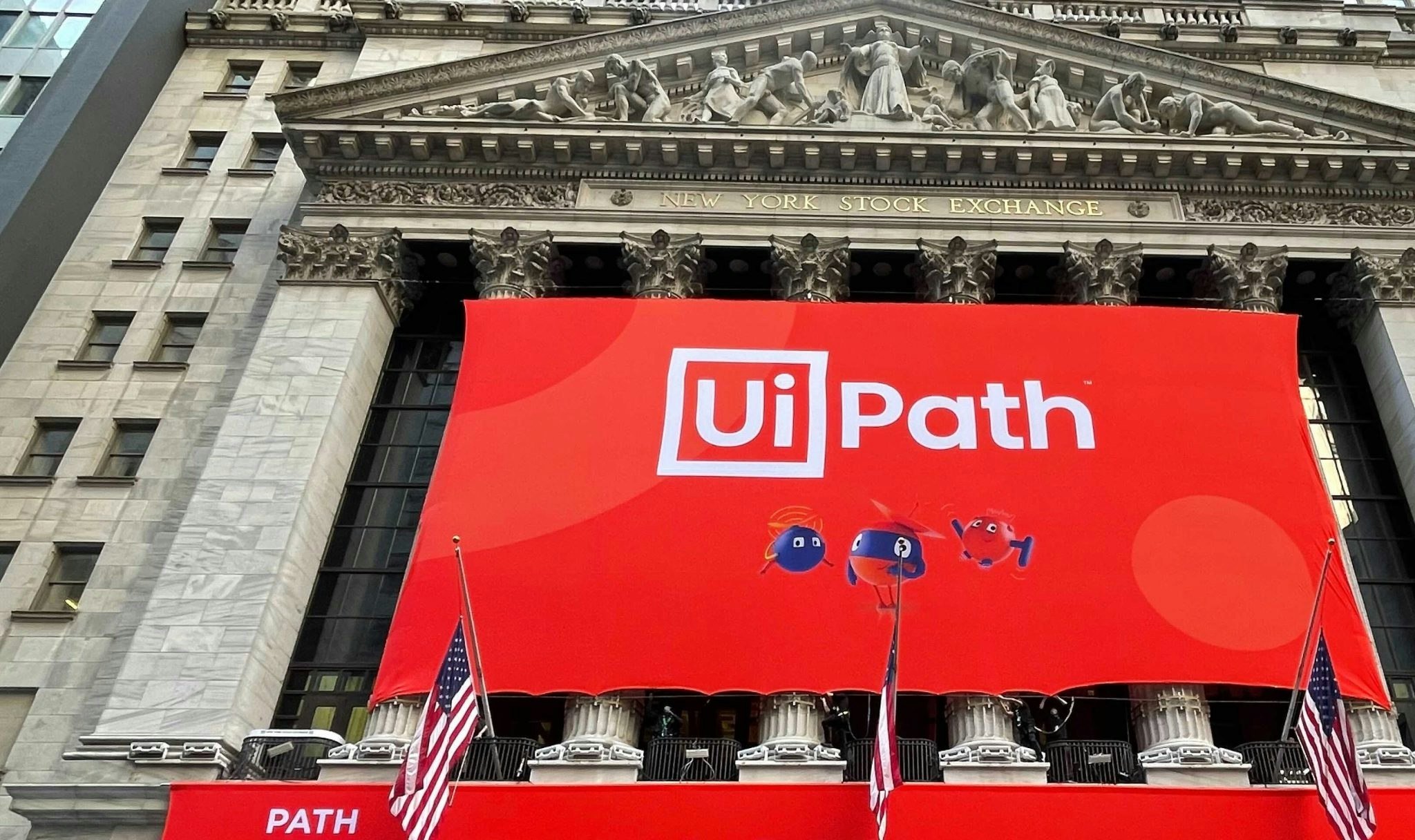Could we be looking at a not-to-distant future where all websites and apps are available in almost any language, at the drop of a hat, localised to different currencies and other features? That’s the bet some are making.
Today Latvian startup Lokalise, which bills itself as the leading continuous localisation platform, announced a $50m Series B funding round, led by CRV and with participation from Creandum, Dawn Capital, Chalfen Ventures and 3VC, among others. It comes barely a year after the four-year-old startup raised $6m in its Series A.
“The main idea behind us raising and raising now is it felt like time to basically move the world closer to our vision, which is a world where choice is not limited by language,” Nick Ustinov, Lokalise’s cofounder and chief executive, tells Sifted.
"We believe that every person deserves to be served in their native language, wherever they are, and that companies should thrive and develop not only in the region when they were founded, but everywhere in the world,” he adds.
We believe that every person deserves to be served in their native language, wherever they are
Founded in 2017, Lokalise aims to offer companies a quick and easy way of managing and automating their localisation efforts, anything from translating one-word instructions on a website into dozens of languages to much more complex tasks. It has more than 2,500 customers across 80 countries, including major players like Revolut, Monday and BASF.
Since its last funding round, in September 2020, the company has more than tripled its annual recurring revenue, and is now targeting further growth and accelerated hiring and product development.
“Our 180 employees are spread across 36 countries. We will double our headcount over the next year,” says Ustinov.
Whereas in the past, when companies went global, they relied on a few core languages to communicate with staff and customers, primarily English, nowadays there seems to be an expectation that companies offer their services catered specifically to local markets.
“Content is changing. There's a need for content to be distributed, both on websites and most importantly in applications, all around the world. Different countries localised to native languages, currencies, many different components,” says Reid Christian, a general partner at venture capital firm CRV, who is set to join Lokalise’s board.
Christian says that there are no other platforms offering a centralised place where companies can manage all localisation across their digital footprints. “This is going to be a core component of every stack of software,” he tells Sifted. “So you'll have CRM, you'll have Salesforce, you'll have a marketing team using HubSpot, and you'll have your localisation team using Lokalise.”
This is going to be a core component of every stack of software
Traditional localisation and translation is often time-consuming and difficult to scale, which doesn't work in today’s increasingly online world, which relies on rapid updates and regular new features. Lokalise claims its platform can be integrated into existing tool chains, with its API able to reduce the time it takes to localise products by 90%.
Lokalise also aims to improve collaboration between developers, designers, translators and project managers, who can use its various plug-and-play connectors to preview designs and fix any localisation issues before products go live. It's a contrast to the traditional startup product flow, where translation and localisation have often been treated as an afterthought.
Despite years of advances, many companies still translate and localise their software manually. “If we're talking about our biggest competition, it's still spreadsheets,” says Petr Antropov, Lokalise’s other cofounder. “It’s thinking that you can solve everything with a spreadsheet, and at some point realising that you're stuck.”
Antropov estimates that 90% of companies trying to localise their content rely on spreadsheets, with the remaining 10% mostly using internally built solutions. “They're not beautiful, not very functional, and also takes an effort from the developer team to do something which is now available on the market through us,” he adds.
We don't have translators among our employees. We just enable the world, which is advancing fast
While Lokalise helps with internal tools, data and apps, the main driver is still business-to-consumer offerings, though Antropov says they are now seeing a lot of B2B companies preparing for increased localisation. “It comes naturally if you care about your customers. It's inevitable, it's another level of customisation. It’s only a question of when.“
Lokalise isn’t alone in seeing opportunities in the space, with platforms like Smartling, Transifex, Crowdin and Memsource also offering localisation and translation solutions.
Ustinov points out that Lokalise is simply an enabler for companies. “We don't have translators among our employees. We just enable the world, which is advancing fast. Everything is getting more global, and the world just needs instruments and tools.”
Meanwhile, the longer it takes for companies to take these steps the more painful it can be. “Everything is digital nowadays,” says Ustinov. “The further we go, the more sophisticated it gets to localise and translate all this data, because you need connectors, you need something to be the single source of truth for all the content which you're showing.”



